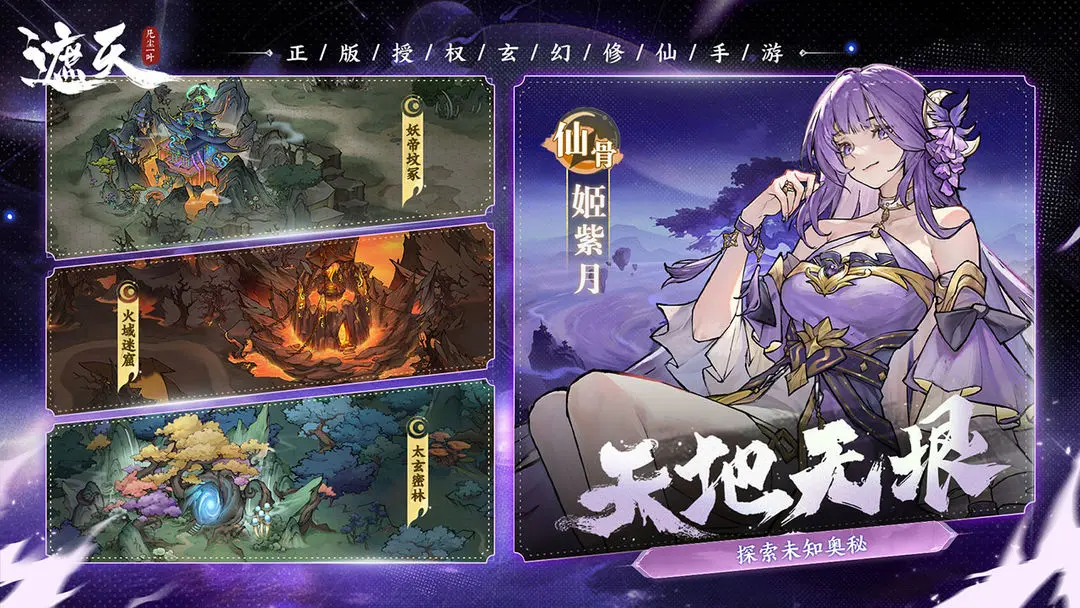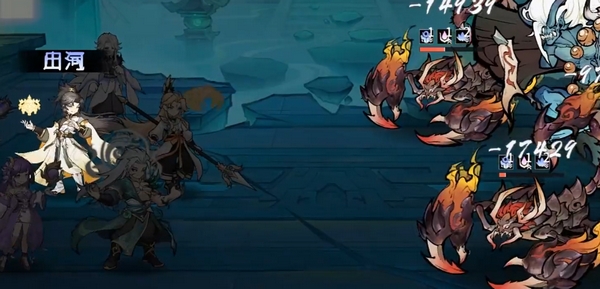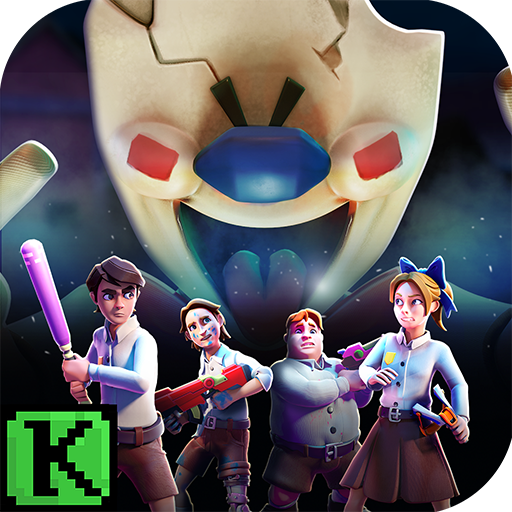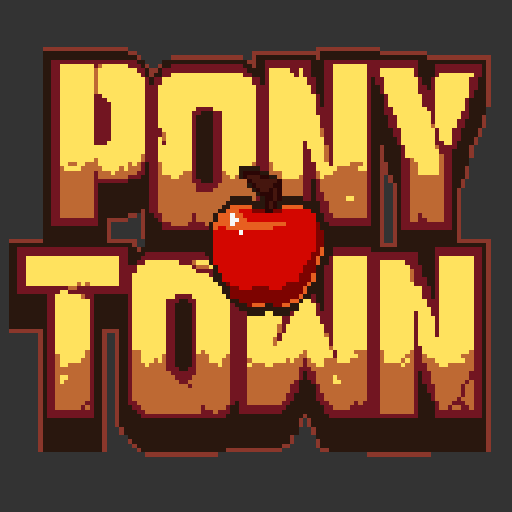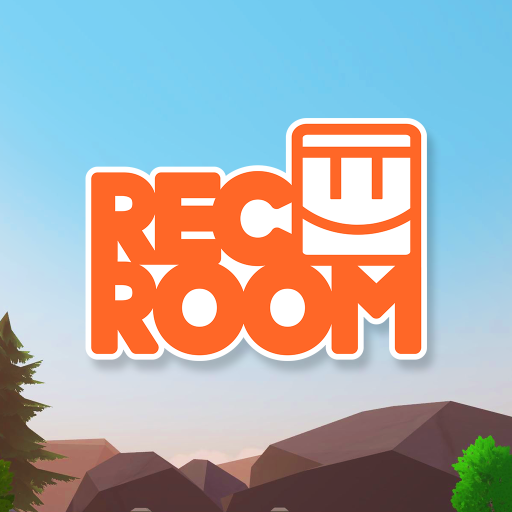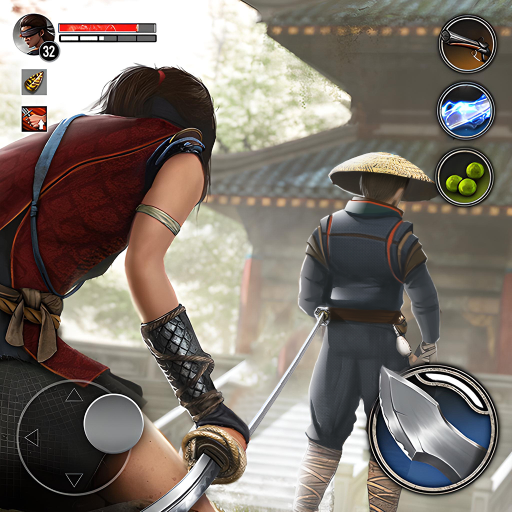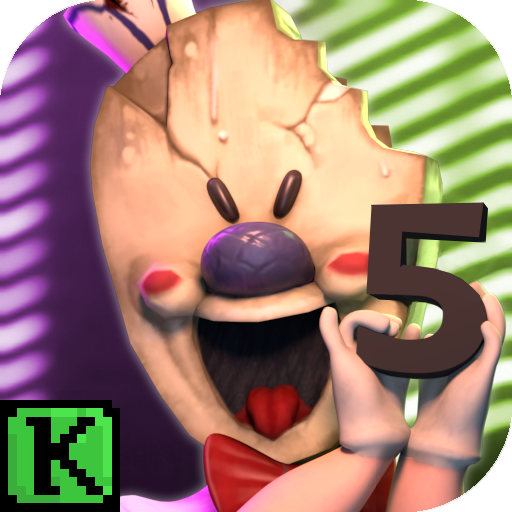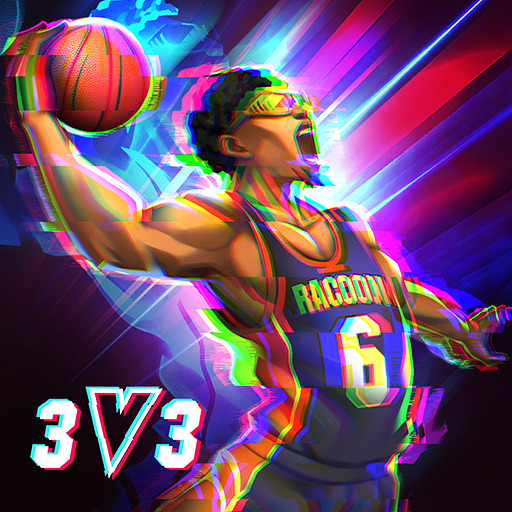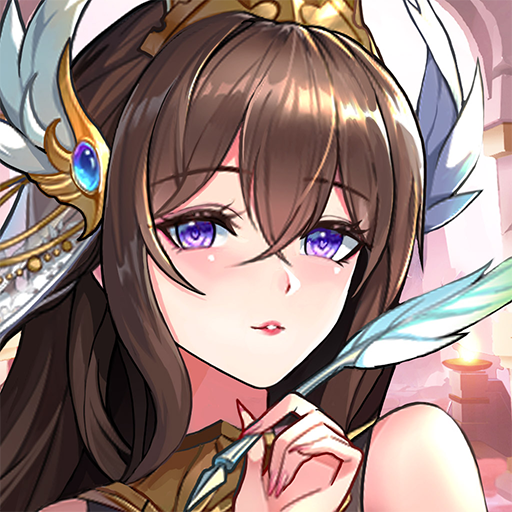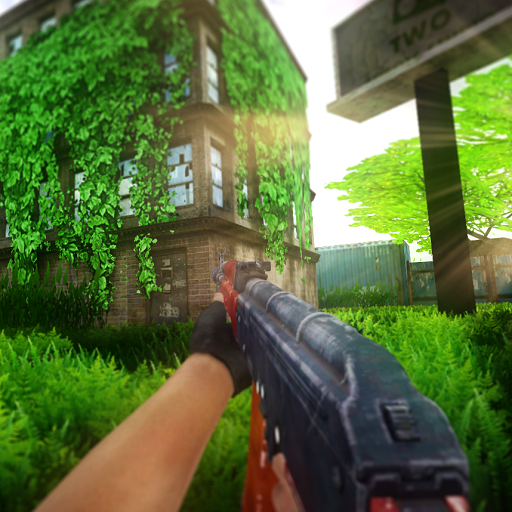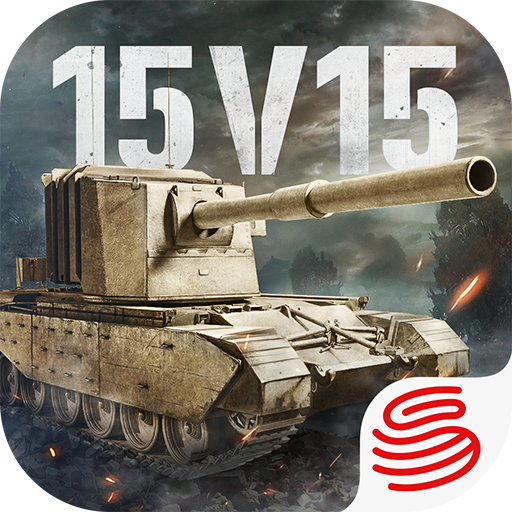In the puzzle game genre, The Anthem of Babel has always been a topic of much discussion among players. This game is quite innovative in its puzzle design. Recently, the news that this game will be launching a mobile version has attracted a lot of attention. Below, we will bring you the guide for the Poet chapter in The Anthem of Babel. This game itself is considered to have a high difficulty level within the puzzle genre. Especially, it not only includes puzzles but also incorporates a text system, which undoubtedly increases the game's difficulty. Currently, what players are asking about most is the strategy for the Poet chapter. Next, we will provide a walkthrough for the Poet chapter.
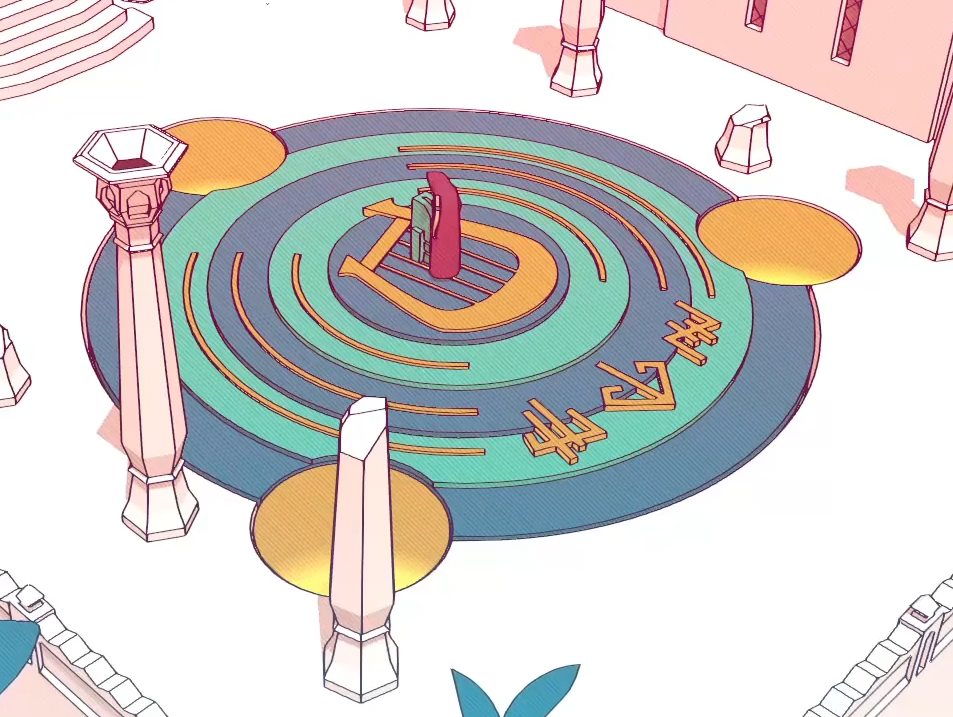
At the beginning of this chapter, after entering, the character you control needs to go upwards. After climbing the stairs, you can see a sign. Click on the sign to view its content; there are only two sentences here that we can understand. Both are at the bottom. The first one says "the chosen ones may pass," and the second one says "warriors cannot pass." The language above is likely telling us some information about the current place, but we cannot understand it yet. Next, open the notebook, from which we can infer new words.
The first one is plural, the second is warrior, the third is walk, and the fourth is negation. After completing the notes, we go up and enter the door. Inside, we see a lake, and ahead, there is a small dock with a boat. We get on the boat and operate the lever to move it forward. It doesn't take long to reach the other side. Upon arrival, have a conversation with the person in front. Since we encounter the Poet faction here, the language is a new system, which is the most challenging part of this chapter.

The first sentence of the initial dialogue is incomprehensible, while the second contains the word "warrior." From the context, the first sentence is likely a greeting. The next segment is very difficult to guess. The first sentence denies warriors, the second is plural warriors, and the third is also plural warriors. Here, we can roughly deduce that they are saying our main character is not a warrior, that warriors carry weapons, and that warriors are fools. Players continue to move forward and, under the tree ahead, find a person looking in a mirror. Go over and talk to him.
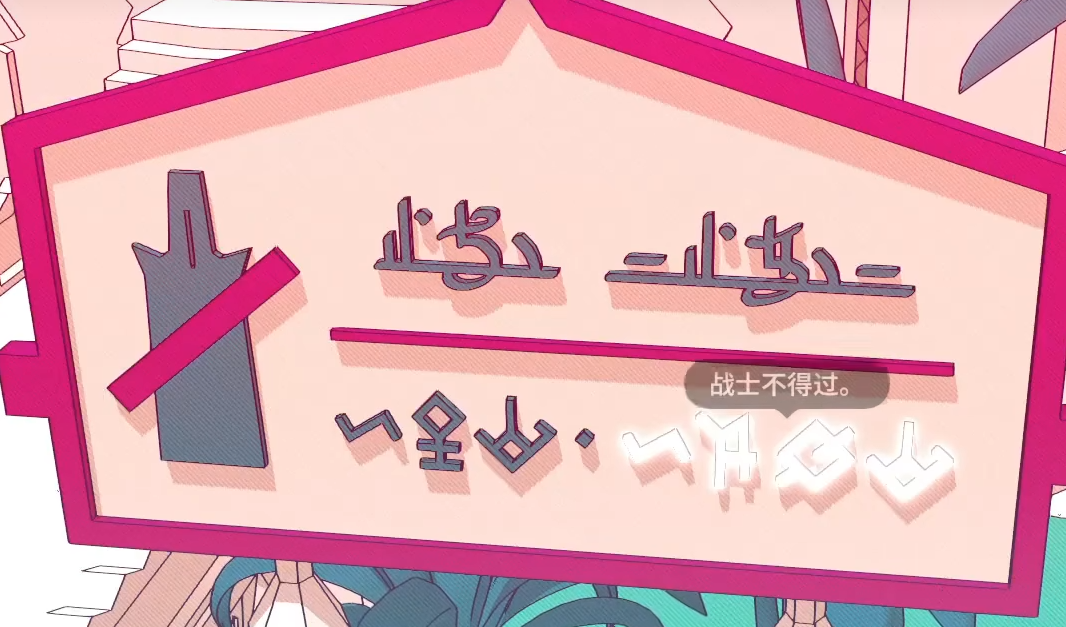
Initially, his words are completely incomprehensible, but by observing him looking in the mirror, we can guess that his words are related to the act of looking in the mirror. Next, the notebook appears, from which we can infer that the first word is "beauty," the second is "is," and the third is "love." After completing the notes, players need to head to the right. At the end of the path on the right, there is a staircase. Go up the staircase. Here, you can see someone painting. He will then chat with us for four sentences. The first sentence is unknown, probably a greeting.
The second is "...is." The third is "love...". The last one is "...beauty, ...love." The general meaning is that she loves doing something, which could be liking something or enjoying painting. Continue moving to the right. In the next scene, someone is performing something nearby. Don't worry about it for now; go directly to the statue above. There will be three characters here. The first one is currently unmarked, possibly meaning music or something pleasant. The second is beauty, and the third is also unmarked.
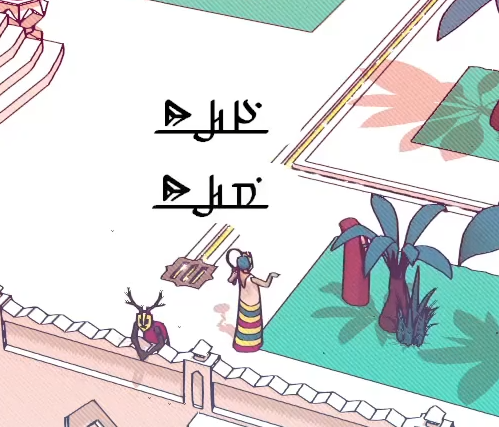
Move to the left. When passing by the tree, an action can be triggered, allowing you to obtain a fruit. After completing this, continue to the left. In the next scene, first, go to the tree to pick fruit. After picking, talk to the two people playing musical instruments beside you.
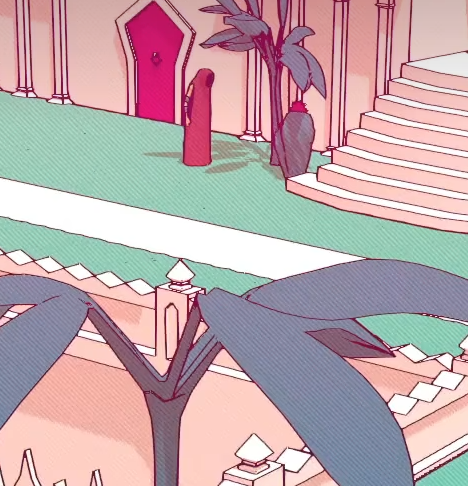
Their first sentence is a greeting. The person next to them will have two segments. The first one is "love...," and the second one is currently unknown. Next, the notebook appears. The first phrase is farewell, the second is a question, and the last is poet.
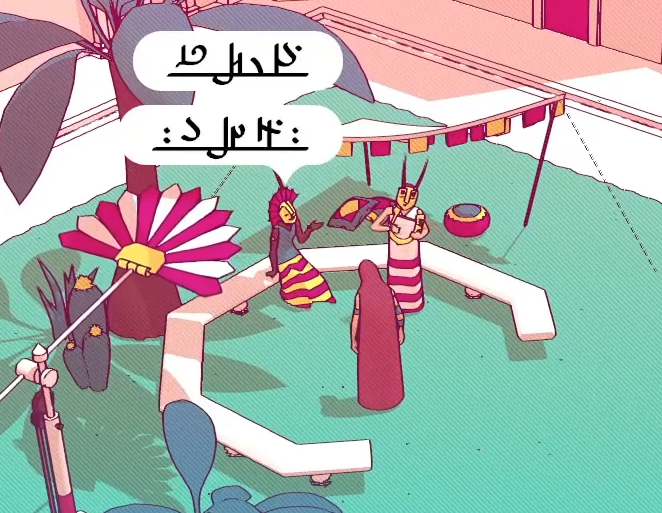
Above are the strategies for the Poet chapter in The Anthem of Babel. This Poet chapter is the most challenging one for players, as the language used in this chapter does not share any commonality with the previous chapters and introduces many new words, making conversations with NPCs mostly reliant on guessing to understand.
